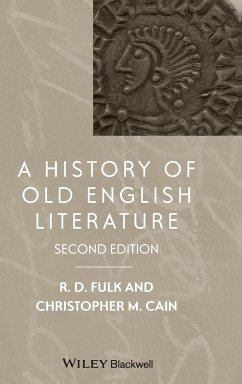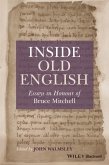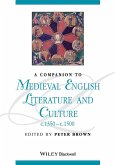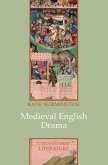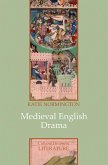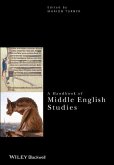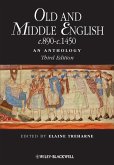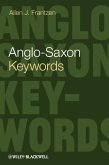This introduction responds to the renewed historicism in medieval studies, focusing on the production and reception of Old English texts, and on their relation to Anglo-Saxon history and culture. It covers a wide range of genres, from riddles and cryptograms to allegory, liturgical texts, and romance, without neglecting such mainstays of Old English studies as lyric poetry and heroic legend. Into this coverage it also integrates discussion of Anglo-Latin texts which are crucial to understanding the development of Old English literature. This new edition incorporates extensive reference to scholarship of the past decade and adds new chapters on Anglo-Saxon manuscripts and incidental and marginal texts, while expanding coverage in the remaining chapters. It concludes with a retrospective outline of the reception of Anglo-Saxon literature and culture in subsequent periods.
This revised edition of A History of Old English Literature draws extensively on the latest scholarship to have evolved over the last decade. The text incorporates additional material throughout, including two new chapters on Anglo-Saxon manuscripts and incidental and marginal texts.
This revised edition responds to the renewed historicism in medieval studies
Provides wide-ranging coverage, including Anglo-Latin literature as well as non-canonical writings
Includes new chapters on manuscripts and on marginal and incidental texts
Incorporates expanded coverage of legal texts and scientific and scholastic texts, now treated in separate chapters
Demonstrates that the field of Anglo-Saxon studies is uniquely placed to contribute to current literary debates
This revised edition of A History of Old English Literature draws extensively on the latest scholarship to have evolved over the last decade. The text incorporates additional material throughout, including two new chapters on Anglo-Saxon manuscripts and incidental and marginal texts.
This revised edition responds to the renewed historicism in medieval studies
Provides wide-ranging coverage, including Anglo-Latin literature as well as non-canonical writings
Includes new chapters on manuscripts and on marginal and incidental texts
Incorporates expanded coverage of legal texts and scientific and scholastic texts, now treated in separate chapters
Demonstrates that the field of Anglo-Saxon studies is uniquely placed to contribute to current literary debates
"Revised to incorporate the latest developments, A History of Old English Literature remains as indispensable as ever. Its scholarship is up to date, its range comprehensive, its writing animated by a critical intelligence throughout. A new chapter on manuscripts, for example, responds to the field's recent turn to material contexts, and that attention begets a second new chapter on marginal texts like charms and cryptograms. An expanded discussion of legal texts, an updated bibliography, and many localized revisions will benefit everyone from beginning students to seasoned scholars." -- Daniel Donoghue, Harvard University
"A new generation of students and their professors will undoubtedly apprecite the currency of what has proven to be a widely respected, comprehensive historical treatment of Old English literature." (Choice, 1 December 2013)

